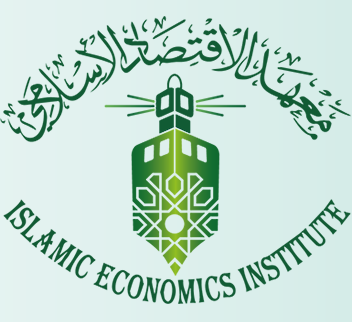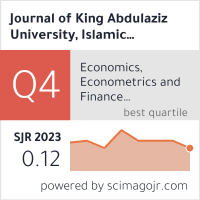Abstract
Generative AI is increasingly integrated into economic analysis by researchers, economic institutions, and companies specializing in real-time forecasting through macroeconomic intelligence. This development poses a challenge to specialists in the analysis of economic life in Muslim societies. In this research, I ask the following question to ChatGPT: What is the relationship between the Zamzam well and the Kaʿaba as ḥabs, and what are your sources? After showing the limits of the AI chatbot's response, both in terms of the answer to the question and in terms of the sources on which it claims to rely, the research explains why generative AI, which relies on sophisticated machine learning algorithms, could not succeed in this deep test, which is based on an exploration of a deep meaning of ḥabs by connecting a word of Hājar and an athar of Ibn ʿAbbās t. The research argues that AI struggles with such deep meaning of ḥabs because it relies on numerical approaches within a closed framework embedded in the art of persuasion by logic (Euclid space), whereas humans have been endowed by their initial fitrah (natural disposition) with a capacity to link meanings in an opened universe, which gives free rein to imagination (Hilbert space). Research reveals a deep meaning of habs, according to which everything originally belongs to God. Some things have remained in this original state, such as the Kaʿaba and Zamzam well, and no one has taken possession of them. This meaning of habs offers a new tool for deepening the analysis of the economic life in Muslim societies. It can be applied to hoarding, taxes, and means to acquit the rights of Allah and those of creatures, which are currently locked into a system of creating money ex nihilo via usurious loans from private commercial banks.
First Page
23
Last Page
37
Recommended Citation
Belabes, Abderrazak Said
(2025)
"Conceptualizing the limits of the use of generative AI in economic analysis via a deep meaning of habs,"
Journal of King Abdulaziz University: Islamic Economics: Vol. 38:
Iss.
2
DOI: https://doi.org/10.64064/1658-4244.1001
Creative Commons License

This work is licensed under a Creative Commons Attribution 4.0 International License.



